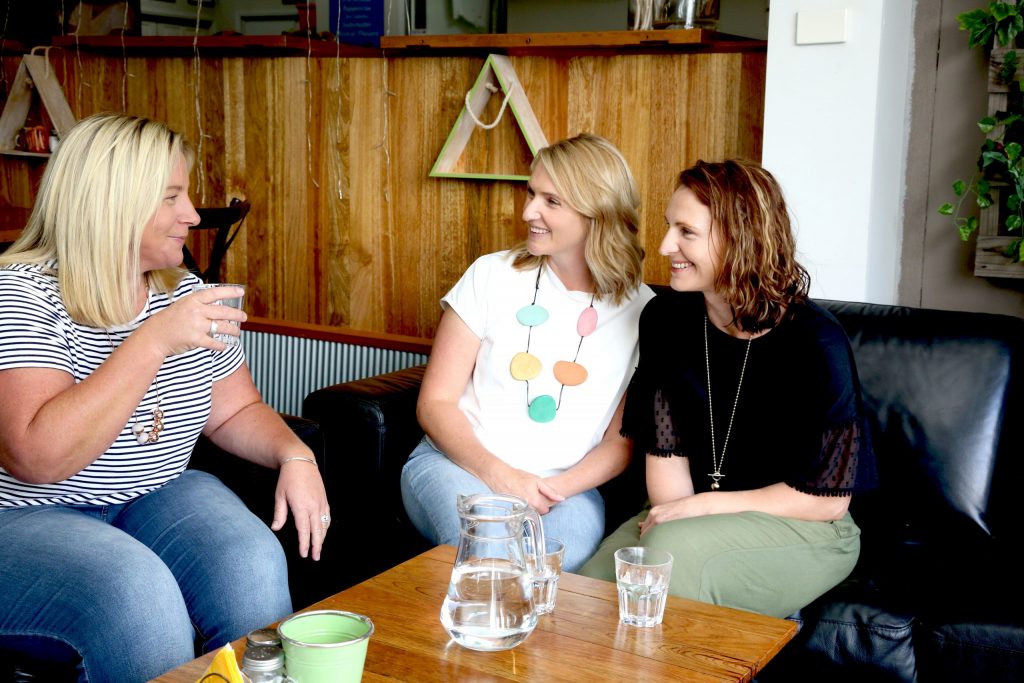Studies show that injured workers who are supported are 3 times more likely to get back to work. So, what does this mean and why is it that some injured workers who perceive to be supported are still not back at work? WorkCover can be very overwhelming and tiresome for all parties, and when talking about return to work, support can come in varying ways and on many different levels.
If you google Types of support following a workplace injury you are immediately bombarded with headings such as ‘Work injury claim – are you eligible?’ ‘Have you been injured at work? Start your free online claim check’, ‘Fight for Fair, No Win No Fee’. Then scroll down a bit further and you see ‘Claims and recovery’, ‘Workplace injury management strategies’ or ‘Injured workers guide to best practice’, immediately increasing overwhelm and confusion. These attention-grabbing headlines will offer support, but there are a few things to think about before clicking on any of these headlines and accepting the ‘supportive’ offer.
Removing blame is the first step towards effective support
Firstly, we need to remember that most people do not set out to intentionally injure themselves at work and most employers do not intend to hurt their employees, so to remove ‘blame’ is the first step towards effective support.
Effective support will guide you towards a safe return to work
If the support being received is aiming for revenge or getting back at someone, it is likely there will be no winners in the long run. Many studies, including Dame Carol Black and Health Benefits of Good Work, show that being off work for long periods of time through work injury and unemployment may have a negative impact on health and wellbeing and that being at work is better for your health. Effective support will provide guidance and assistance aimed at a safe and durable return to work.
Your ability to earn will be your best asset going into the future
Next time someone asks if you have a good support system in place, I urge you to think about your response. Good support will be looking at long-term benefits and your ability to be productive into the future. Maintaining or establishing good relationships with employers will go a long way towards ensuring you are looked after into the future. With the current Covid led environment we are seeing that securing and maintaining a job is becoming increasingly difficult. Your ability to earn will be your best asset going into the future. Support that helps to safely increase your productivity has your best interest at heart. This could be support in the way of providing aids or modifications, offering alternate duties, reduced hours or longer breaks. Anything that safely assists and encourages you to think about what you can do rather that what you cannot do will be notably valuable over the long-term.
So next time you are asked ‘Are you supported’? If your support network following a workplace injury is empowering you and encouraging you to remain positive and focused on returning to work. Is not looking to place blame or seek revenge. Is assisting you to look at ways to safely increase your productivity and is setting you up to continue to earn into the future, then you have a strong support system in place, and you can confidently answer ‘Yes, I am supported’.
If you would like further information or assistance with return to work following a workplace injury, go to www.returntowworkplus.com.au or reach out to me at tennille@returntoworkplus.com.au. I provide return to work consulting, Occupational Rehabilitation Services and Return to Work Coordinator training.

